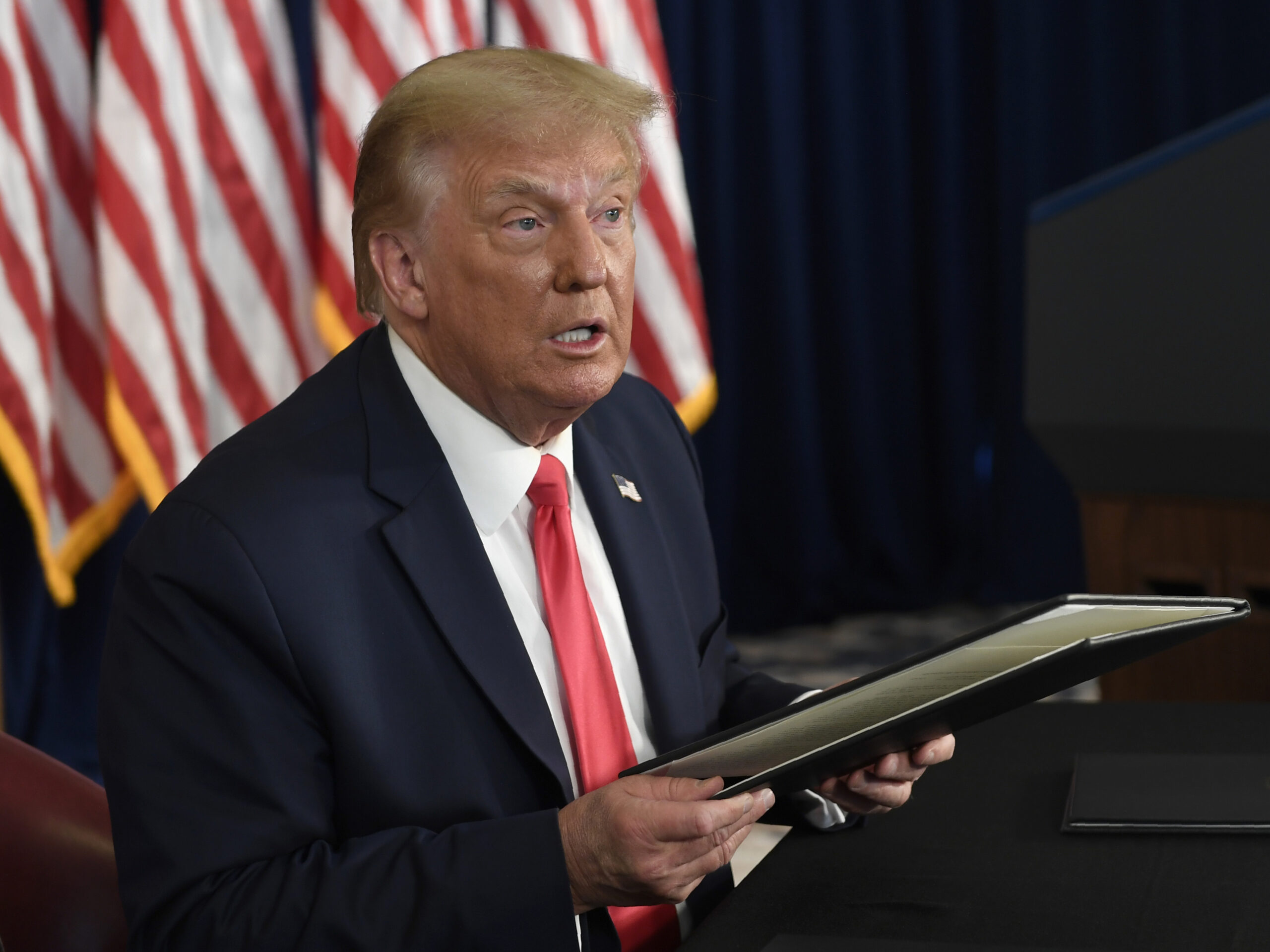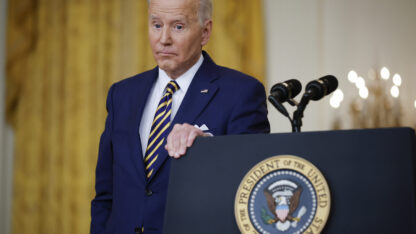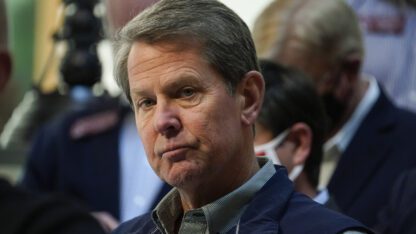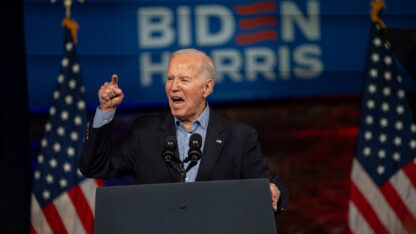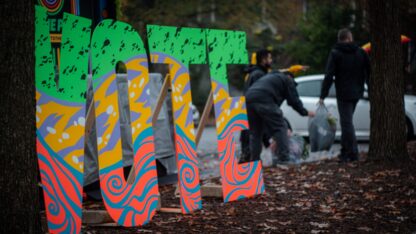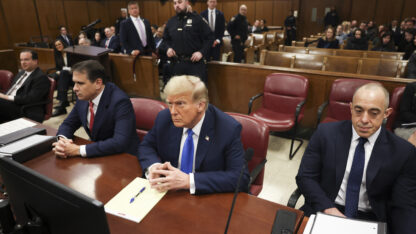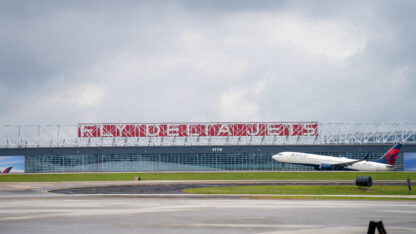Georgia Senate Proposes T-SPLOST Reboot

A Georgia Senate committee unveiled a new plan it says could help unclog roads in metro Atlanta.
The plan is part of the newly rewritten House bill 106, and is a twist on a transportation proposal that was widely known as T-SPLOST. The penny sales tax referendum failed in most regions of Georgia nearly three years ago, including metro Atlanta.
The new funding plan has two steps. First, if more than half of the county commissions within a 10-county region are in favor of a transportation referendum, they would be able to put it before voters. Right now, it’s up to the state to put the issue on the ballot.
Senate Transportation Committee Chairman Tommie Williams, R-Lyons, says putting local governments in charge might work better.
“Let the county commissioners decide if they think they can get the votes, and let them put it on the ballot, rather than us saying all of you are going to have to do it,” Williams says. “That was part of the problem last time. We set it up where it happened all across the state at the very worst time, in a very heated political environment.”
If voters in those regions reject the tax or counties don’t take advantage of that option by January 2017, step two comes into play. It would allow individual counties to decide on their own ballot measures for transportation.
Williams says that option will likely be needed for the metro Atlanta region. He told fellow committee members it will be difficult for the 10-county region to get a project list together that voters would approve.
“If you look at where the congestion is, where red lines are, where traffic is frankly stopped, it’s all in or around the perimeter … That’s where I don’t believe this region will ever pass a regional SPLOST,” Williams says.
Under the plan, counties and regions could ask voters for a half or full penny sales tax for transportation. Right now, only a full penny is allowed. The plan passed the Senate Transportation Committee on Wednesday and could soon go before the full Senate.
The plan is in addition to House and Senate proposals that are supposed to raise $1 billion for transportation. But Williams says money from those plans will mainly go to roads and bridges rather than things like transit.
9(MDAxODM0MDY4MDEyMTY4NDA3MzI3YjkzMw004))
